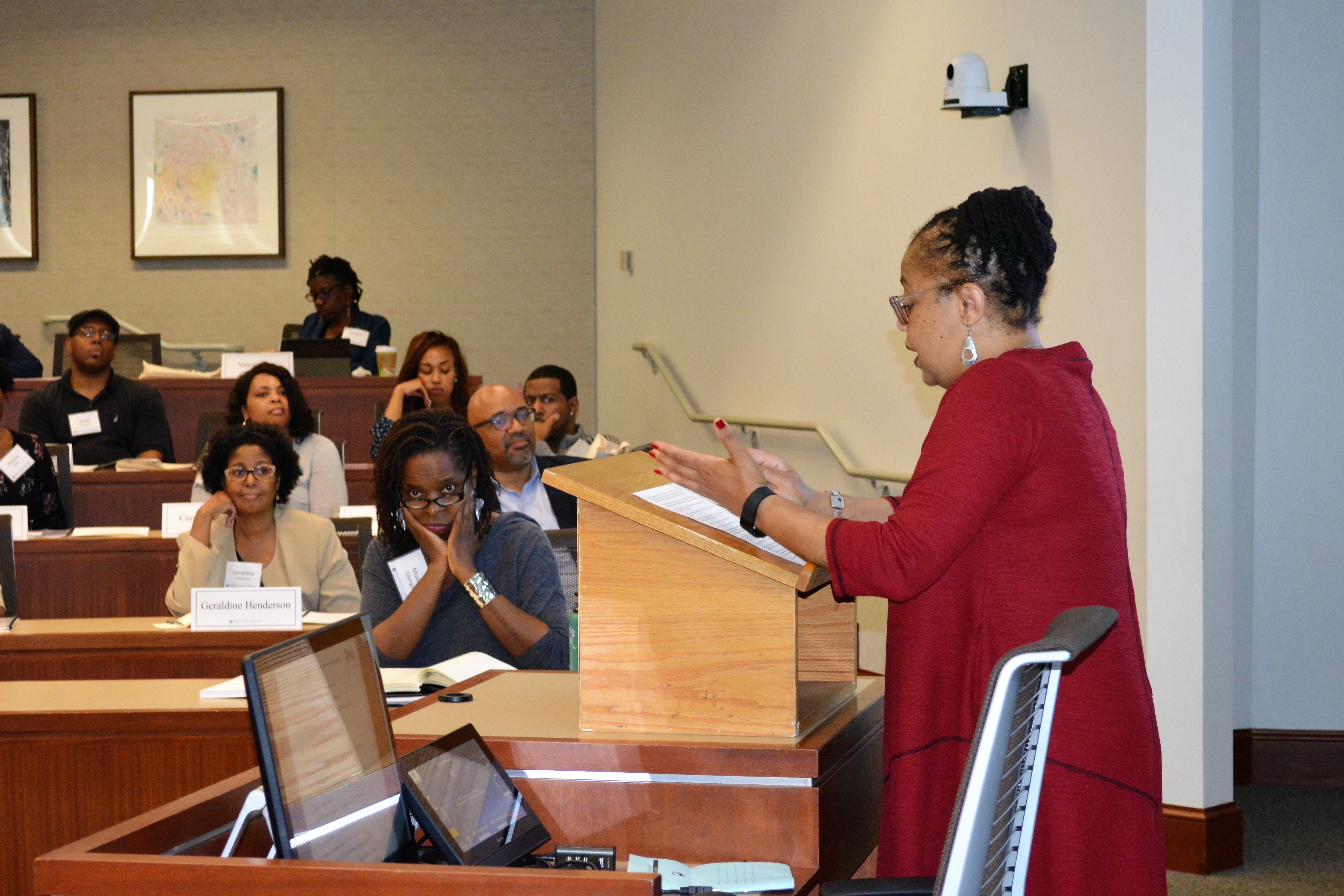Teaching
Courses
Marketing for social change
This course develops the knowledge, skills, and perspectives to apply fundamental marketing concepts to create beneficial changes in society. Designed for students whose career goals involve working in or with organizations who desire to promote social change, or who are interested in understanding the role and application of marketing beyond commercial gain.


Advertising and marketing communication management
The course focuses on the role of advertising and other promotional mix elements in the integrated marketing communications (IMC) program of an organization. We examine the process by which IMC programs are planned, developed and executed and the various factors that influence this process. We will also discuss the environment in which adverting and promotion takes place and the various regulatory, social and economic factors that affect a company’s or organization’s IMC program. The perspective adopted is relevant for any type of organization- public, private, large or small.
This research article reports on a Class project designed to integrate diversity and social justice into the marketing curriculum
Marketing Inclusion:
A Social Justice Project for Diversity Education
Challenges related to marketplace diversity present an opportunity to prepare students to successfully engage with diversity through innovative curricular approaches. The present research develops a semester-long course project designed to enhance students’ awareness and understanding of diversity and inclusion issues from a social justice perspective. We discuss the context of diversity issues in business schools and identify key issues affecting marketing educators. Our review of the pedagogical literature on diversity highlights the importance of a social justice orientation. Social cognitive theory is used as a conceptual framework to guide the design of a problem-based experiential project. We detail project implementation and assess evidence regarding the impact of the project. Findings suggest an experiential, problem-based class project can support students understanding of diversity from a social justice perspective. We discuss the project benefits and challenges and highlight pedagogical issues for educators who want to integrate diversity content into a broad array of marketing courses.
case studies
Alisha in Obesity-Land
This case explores the aggregate influence of corporate marketing practices on public health and examines the increasingly important issue of the role of targeted marketing strategies by the food and beverage industries in the obesity epidemic. Specifically, it engages a discussion about a significant yet overlooked dimension - targeted marketing to ethnic minority children.
The PhD Project: The Marketing of Business School Faculty Diversity
Examines the situation facing a group of representatives from the private, public, and nonprofit sectors attempting to increase the diversity of business school faculties. Focuses on the issues faced in mid-1994 by the KPMG Peat Marwick Foundation and its partners in their joint effort to generate more ethnic diversity in business school faculties and, ultimately, in business school classrooms and corporate workforces. Gives background on a prior series of meetings held to discuss what could be done to address the lack of minorities in business. The consensus in these meetings was that efforts should be made to increase the number of minority business school faculty by augmenting the supply of minority doctoral students in business. Discusses the various factors speculated to contribute to the lack of diversity in business school faculty. Gives background to marketing strategy development, and ends with the group trying to figure out what to do. The case decision is a meeting in September 1994 to analyze relevant information and develop a strategy to increase minority applicants to Ph.D. programs.

